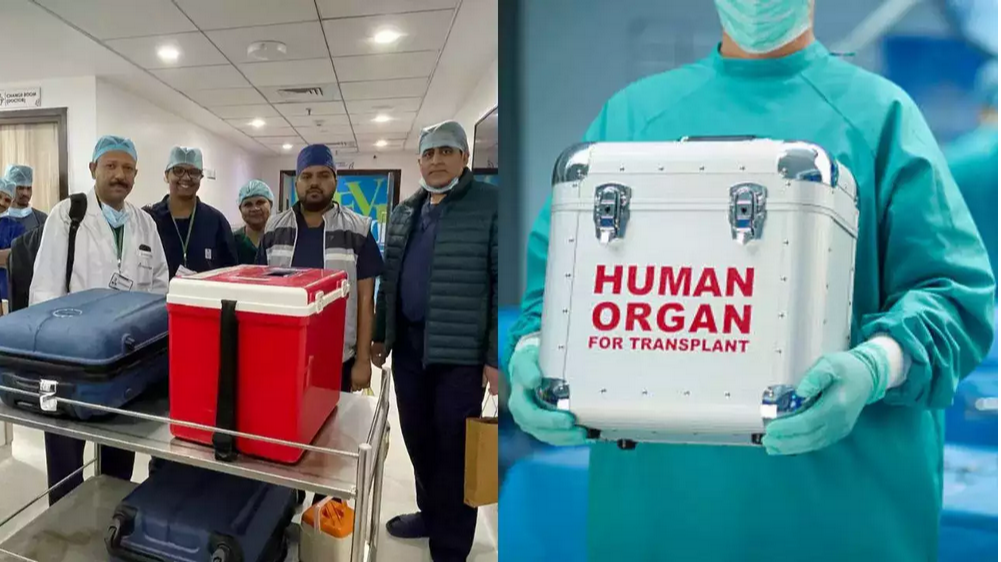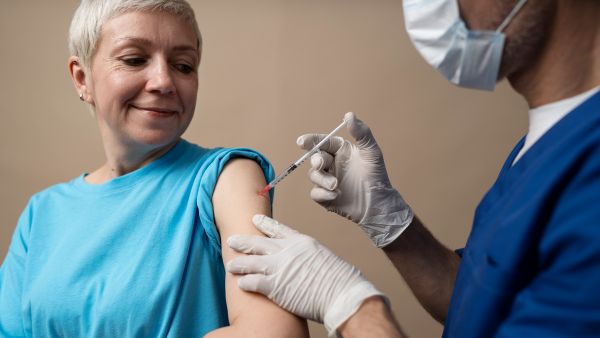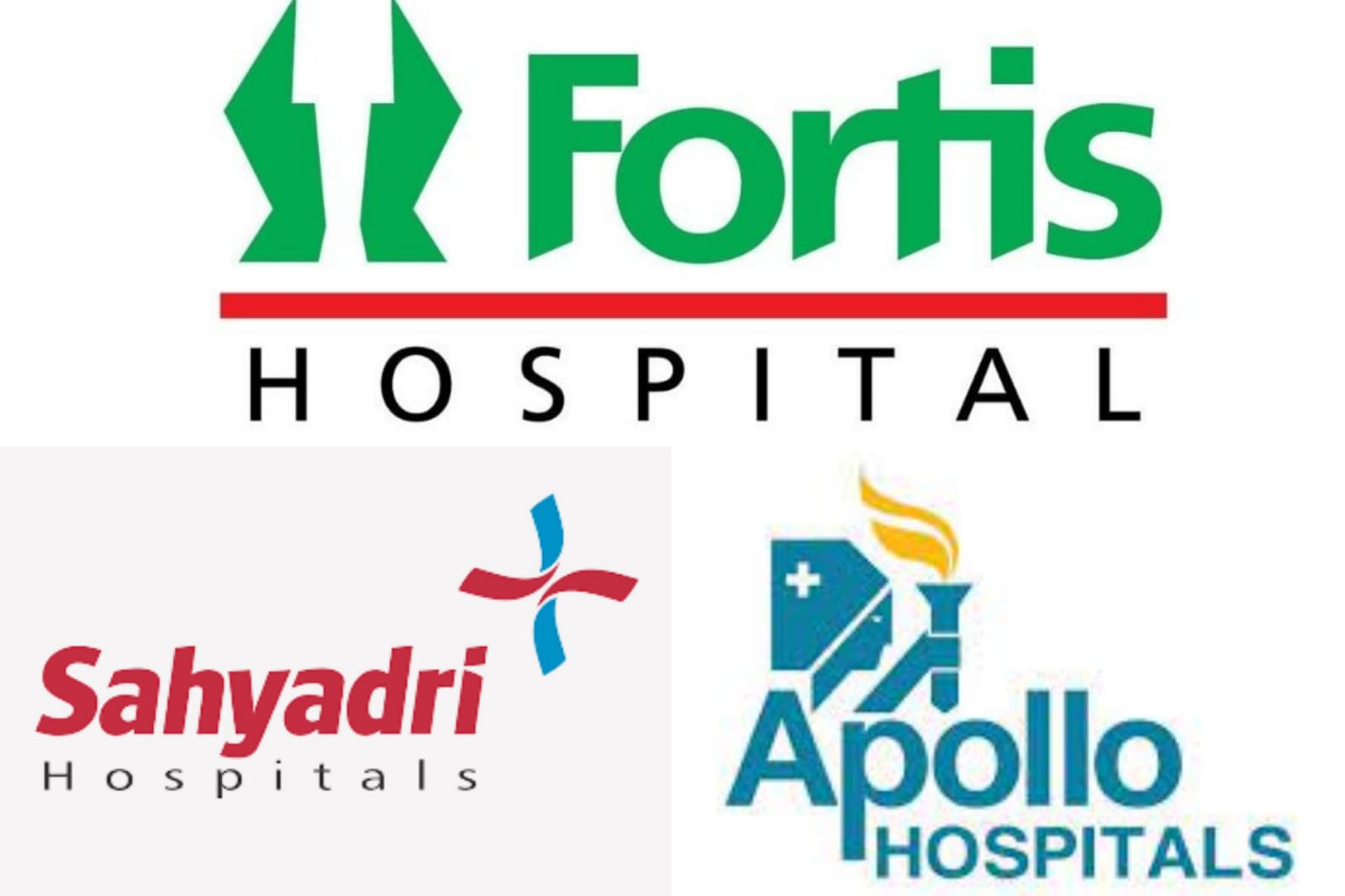A team of Israeli researchers at the Technion has discovered two proteins that can suppress cancer and control the cells’ growth and development.
The study was conducted in the laboratory of Prof. Aaron Ciechanover, an Israeli Nobel-prize winner in chemistry, and led by Dr. Yelena Kravtsova-Ivantsiv. The team included research students and physicians from the Rambam, Carmel and Hadassah Medical Centers.
In a paper published in the journal Cell last week, the researchers showed how the proteins could repress cancerous tissues and detailed how a high concentration of a protein called KPC1 and another called p50 in the tissue can protect it from cancerous tumors.
The research also detailed how the ubiquitin process — a cell system responsible for breaking down damaged proteins that can harm cells and tissues and co-discovered by Ciechanover, for which he won the Nobel — has a role in the mechanism.
The study was done on human tumors grown in mice, and samples of human tumors.
Ciechanover told PR Newswire that many more years of research are needed “to establish the research and gain a solid understanding of the mechanisms behind the suppression of the tumors. The development of a drug based on this discovery is a possibility, although not a certainty, and the road to such a drug is long and far from simple.”
Ciechanover, now president of the Israel Cancer Society, won the 2004 Nobel Prize in chemistry, for the discovery of ubiquitin-mediated protein degradation. In response to the latest development, Ceichanover warned that it will take many more years before scientists can hope to gain a solid understanding of the mechanisms behind the suppression of cancerous tumors.
“The development of a drug based on this discovery is a possibility, although not a certainty, and the road to such a drug is long and far from simple,” he cautioned.
But the current research, which was published in the April 9, 2015 edition of CELL, is also intriguing because it provides further evidence of the relationship between inflammation and cancer, first suggested in 1863 by German pathologist Rudolph Virchow and confirmed over the years.
Ever since the discovery of NF-κB nearly 30 years ago, many scientists have written about its multifaceted involvement in inflammation and cell proliferation, survival and transformation. NF-κB is activated by the ubiquitin system’s KPC1 regulator.
“Overall, KPC1 regulation of NF-κB1 processing appears to constitute an important balancing step among the stimulatory and inhibitory activities of the transcription factor in cell growth control,” the study’s authors conclude.
The Technion team will continue its line of research to find more clues toward solving this puzzle.

 Now antibodies for cancer treatment are being researched
Now antibodies for cancer treatment are being researched









.jpeg)










.jpeg)

.jpeg)










.jpg)




.jpg)

